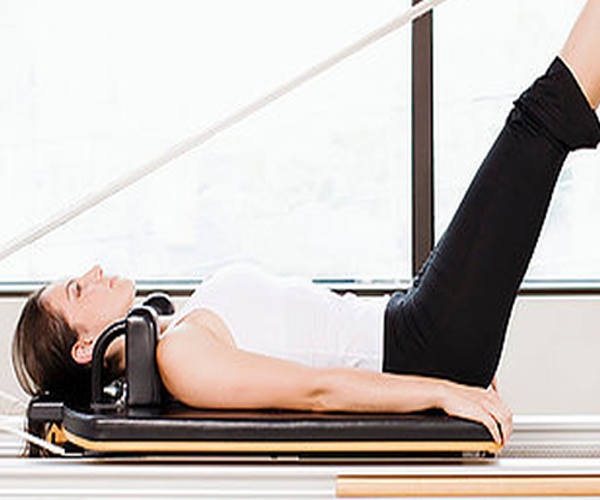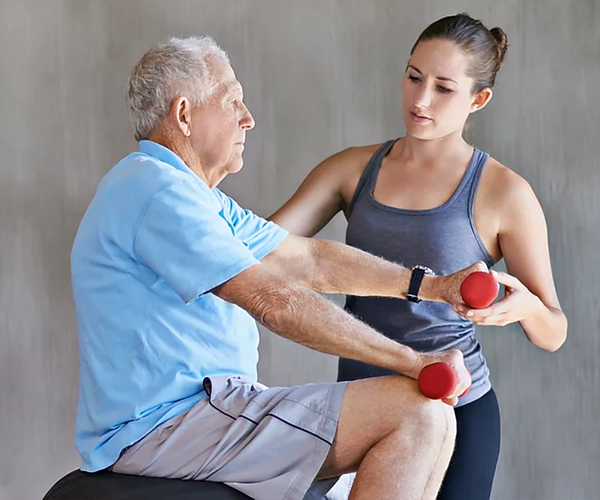PoTS is an increase in heart rate that occurs after sitting up or standing.
PoTS is caused by a dysfunction in the autonomic nervous system (the nervous system in charge of automatic body functions). When we stand up the blood in our system drops down. In order to compensate our blood vessels constrict and heart rate increases slightly to make up for this reduction in blood. In PoTS patients the heart rate increases too much, reducing the supply to the brain and heart, and causes some symptoms such as dizziness and fainting.
PoTS affects a range of people but is most common in girls and women aged 15 to 50.
Some people have mild symptoms, while others find the condition affects their quality of life.
How can physiotherapy help with PoTS
This very much depends on the individual and their needs. No PoTS patient presents in the same way and will have different goals that they want to achieve. Physiotherapy is very much prescriptive to that individual. Treatment ranges from:
General advice: ensuring you are following the guidelines and all the recommendations.
Pacing: ensuring that you’re not pushing yourself too far, too quickly.
Support: supporting you through the process, it can affect your mood too, as you find that you’re not able to carry out your normal day to day activities.
Exercise prescription: this is really important. It should be graded and gradual. There are protocols available but they are not for everyone.
Respiratory: teaching you specific breathing exercises. These will help with not only with symptoms but with lowering anxiety.
Pain: you may have pain due to a musculoskeletal problem or inactivity caused by PoTS. This will be assessed and treated accordingly.
What happens at a Physiotherapy appointment?
The assessment involves taking a full history, current and past difficulties, pain, any other medical problems, medications and any other information that may be relevant. A physical assessment will then take place, will involves assessing breathing, muscle strength and heart rate.
A course of action is discussed, generally advice is given and then some home work to do. Everyone is unique and there’s no ‘one size fits all’ you will work with the Physiotherapist on setting goals together and decide the best course of action, to make it manageable and achievable.
What about if I have other conditions such as Ehlers-Danlos syndrome or ME?
It’s really common to have other conditions such as Ehlers-Danlos, or some
form of hyper-mobility, ME or other conditions. All of these are carefully considered when the Physiotherapist and the right treatment option.
So can I exercise?
Yes, but before starting any exercise it’s strongly recommended that you are assessed by a Physiotherapist first. Exercise should be graded and gradual. There may also be certain exercises that you should not do, so the Physiotherapist can advise you on that.
If you would like more information or to book an appointment, pelase contact me. I work very closely with Dr Sanjay Guptar based at York Hospital.
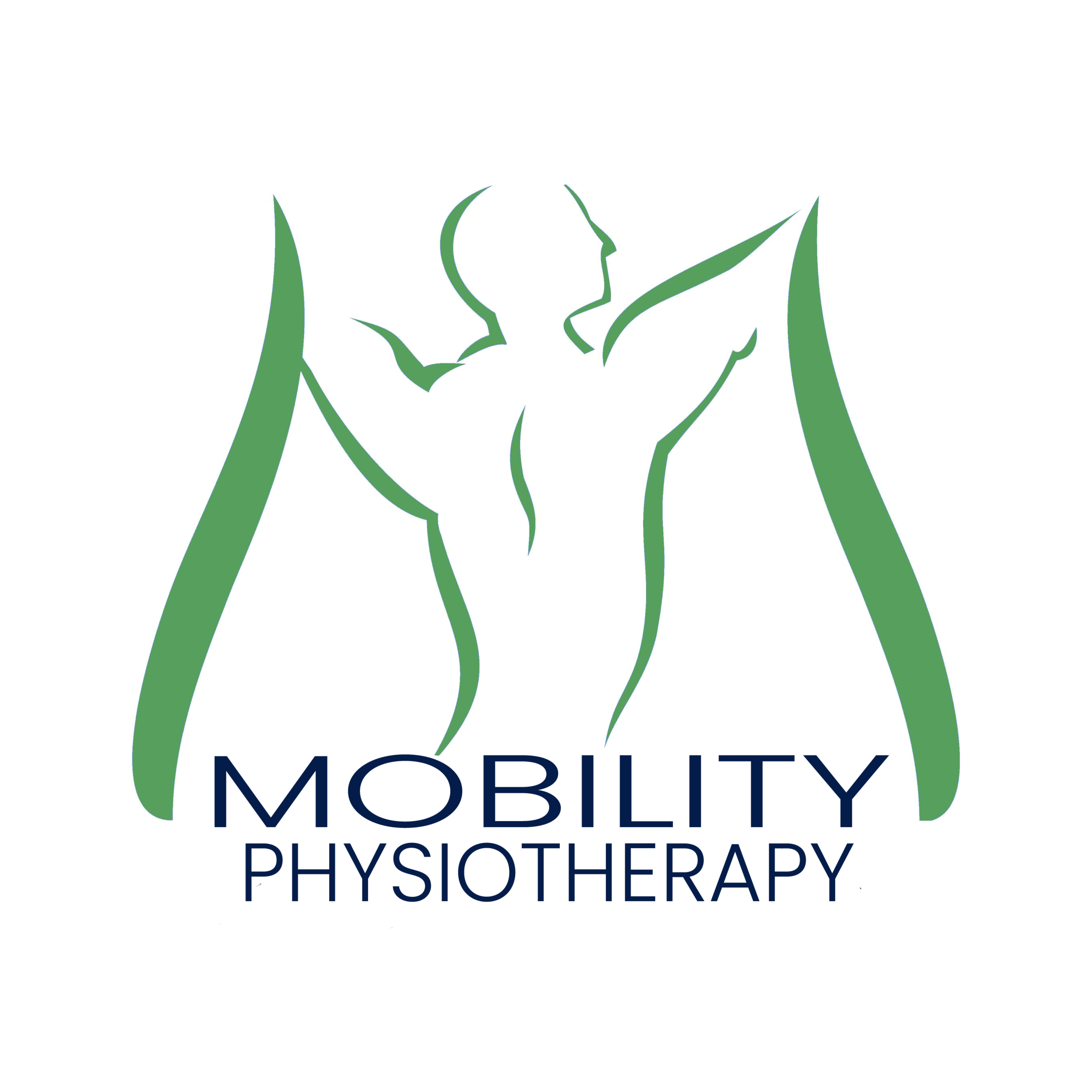


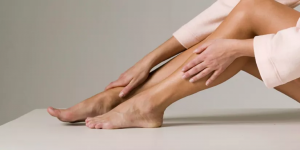
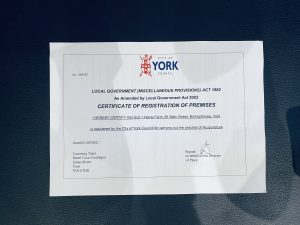
 This page contains the current position that Mobility Physiotherapy Limited is taking based on the latest government and our professional body guidance to ensure the health and safety of our patients.
This page contains the current position that Mobility Physiotherapy Limited is taking based on the latest government and our professional body guidance to ensure the health and safety of our patients.